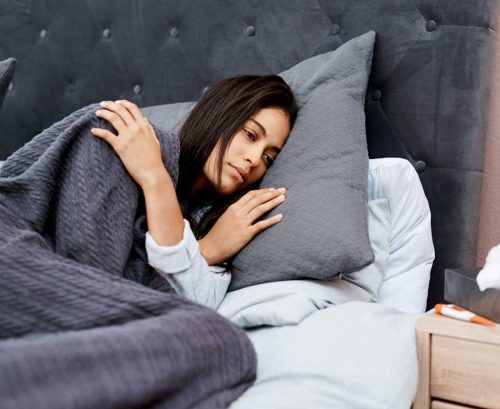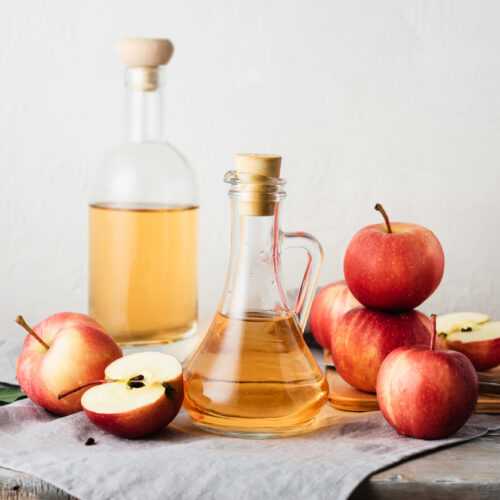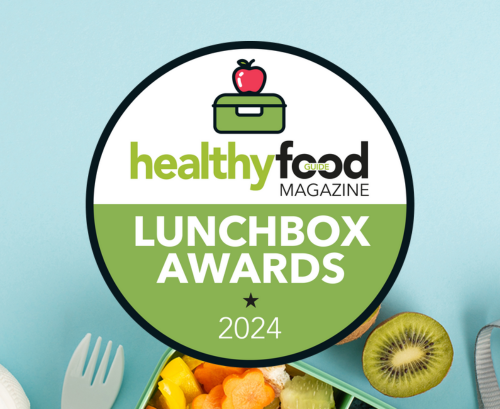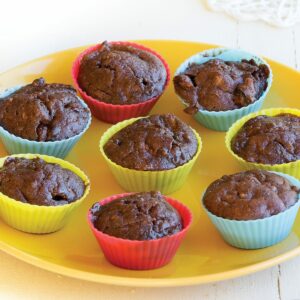
With the more transmissible Omicron strain of the SARS-CoV-2 virus spreading in communities around the world, being prepared to manage your and your family’s symptoms at home needs to be a priority.
based on recommendations from NZ GP Sandhya Ramanathan, here is a list of items to stock up on that will help you stay safer and more comfortable at home if you and your loved ones end up with ‘mild’ COVID.
Pulse oximeter
In a YouTube video, Dr Ramanathan recommends purchasing a pulse oximeter to help you keep an eye on oxygen saturation levels in your blood. An oximeter will tell you if your oxygen saturation is good enough. The normal range is between 95 and 100, so if your levels drop below 93 and are accompanied by shortness of breath, you will know you need to get some urgent medical advice. Pulse oximeters are available at most pharmacies or can be ordered online.
Healthy whole foods
Before getting a COVID diagnosis or symptoms of the virus, it’s important to prime your immune system, Dr Ramanathan says.
On top of making sure you’re up to date with your vaccinations, a healthy diet can help support your immune system to be fighting fit, should you contract Omicron or any other strain of the virus.
This means eating a wide variety of vegetables, fruit and other whole foods, while limiting ultra-processed foods, sugary drinks and alcohol.
Healthy Food Guide recommends a Mediterranean-style eating pattern for its protective effects. This involves eating mostly vegetables, legumes, fruits, whole grains, healthy fats from nuts, avocado and olive oil, moderate amounts of dairy and fish, and small amounts of red meat.
Supplements for COVID self-managemnet
At Healthy Food Guide, we advocate for getting most of your nutrients from a healthy diet, but there are times when supplements may help with deficits or reduce the length of time it takes to recover from an illness.
Dr Ramanathan recommends getting some vitamin C, zinc and vitamin D supplements and taking them every day before onset of symptoms and throughout the illness.
Foods that are rich in vitamin C include:
- Mandarins
- Kiwifruit
- Capsicum
- Broccoli
- Sweet potato
- Tamarillos
- Pineapple
- Red cabbage
- Kale
- Cauliflower
- Oranges
- Grapefruit
Foods rich in zinc include:
- Oysters
- Cashew nuts
- Swiss or cheddar cheese
- Lean mince
- Steak
- Chicken
- Milk
- Grainy bread
- Baked beans
- Pumpkin seeds
Sources of vitamin D
Vitamin D mostly comes from sunlight, so try to spend some sunsmart time outdoors (while you’re well). You can get some vitamin D from fatty fish, mushrooms, fortified foods and eggs.
Vicks VapoRub, Betadine Sore Throat Gargle, nasal rinses
With the onset of symptoms, Dr Ramanathan says it’s important to try to reduce viral load. You can do this by gargling warm salty water or a Betadine Sore Throat Gargle. To dilute viral load in the nose, you can use a saline nasal spray or get a bottle with a dropper lid and rinse your nose out with a solution of 250ml cooled boiled water mixed with ½ teaspoon bicarbonate soda, ½ teaspoon salt and a couple of drops of the Betadine. She says you can do these rinses multiple times a day.
Finally, to ease congestion or reduction in sense of smell, put a little Vicks VapoRub in a bowl of hot, steamy water, cover your head with a towel and inhale the steam, twice a day.
Balloons
This might seem an odd one, but Dr Ramanathan says inflating a balloon, using around three breaths, can improve your oxygen saturation. She says blowing against resistance can help open your airways. You can simulate this without a balloon or by blowing bubbles in water with a straw, if inflating a balloon is too difficult.
Dr Ramanathan says to do these exercises seated, several times a day, and check your oxygen levels after each one.
A good pillow
This is a great tip from Dr Ramanathan. She says it’s important to sleep on your stomach (prone) when you have COVID. This is uncomfortable for many of us but if you place your pillow lengthwise beneath your chest, it is much more manageable.
Dr Ramanathan says sleeping or spending a long time on your back can squash your airways as they are mainly positioned in the back of your ribcage. Lying prone can help keep them open and improve oxygen saturation, she says.
An appointment with your GP
Finally, when you have a COVID diagnosis or at the onset of COVID symptoms, arrange an appointment with your GP. This can be done virtually or over the phone. Dr Ramanathan says it’s important to get medical advice, and a short course of antibiotics may be helpful if taken early enough at the onset of the virus.
You might also be interested in:
Article sources and references
- YouTube, 14 June 2020. Home Medical Management Plan for Mild Covid-19 by Dr Sandhya Ramanathan. Accessed February 2021https://www.youtube.com/watch?v=2ZoBb-ngk5k&list=PLpukgfeFVZtBxK5tEaGYCtrwr70tQqPxn
www.healthyfood.com










